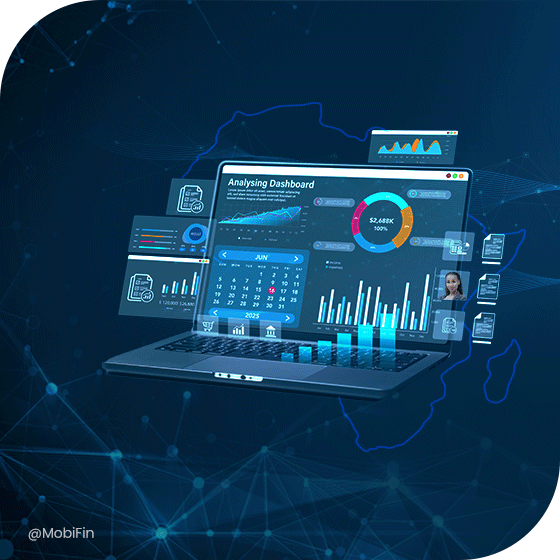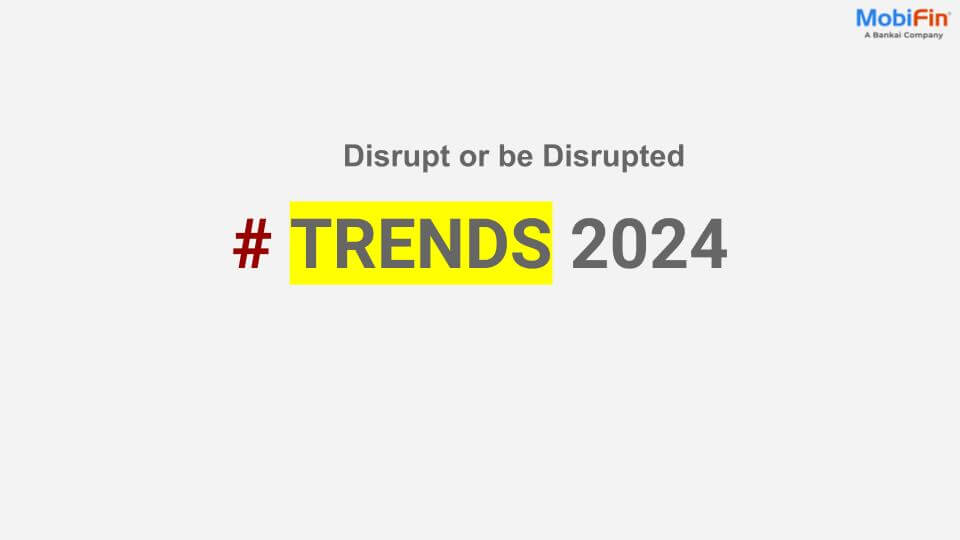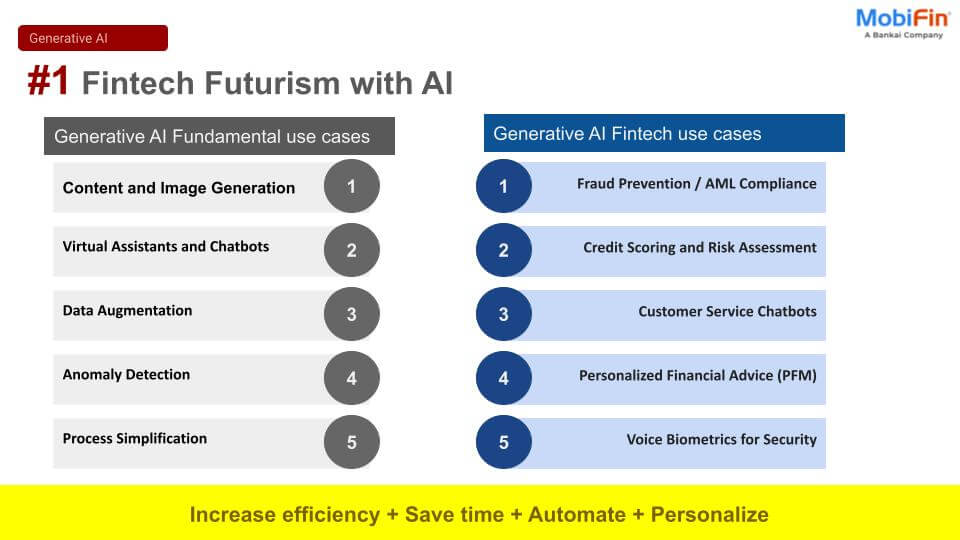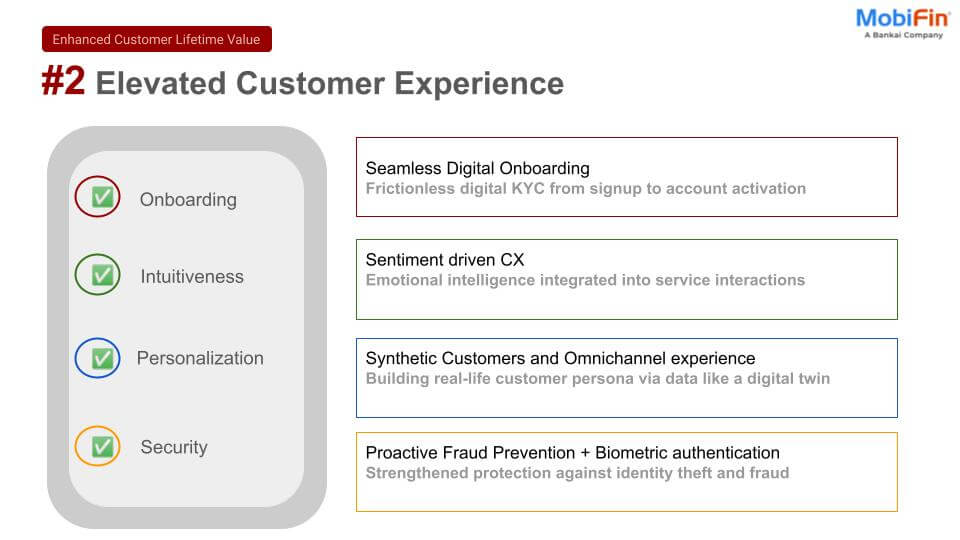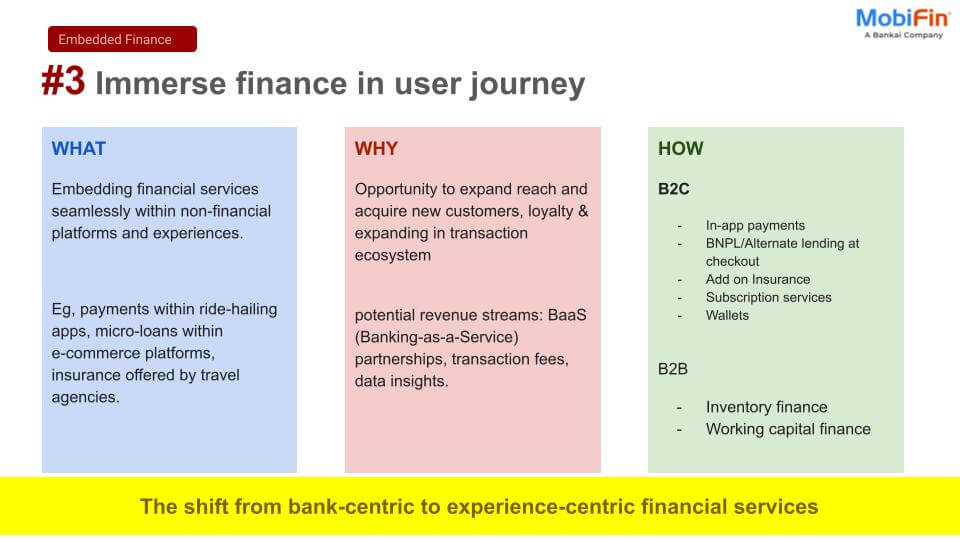The emergence of advanced loan origination software (LOS) is revolutionizing SME financing by addressing these long-standing barriers. By leveraging automation, data-driven decision-making, and risk assessment algorithms, these platforms are bridging the financing gap and enabling a more inclusive financial ecosystem.
The Financial Inclusion Crisis
The African Development Bank (AfDB) reports that 70% of African SMEs lack access to formal credit, leaving millions of entrepreneurs without the financial backing needed to expand.
This exclusion is mainly due to:
- Manual and time-consuming loan application processes discourage banks from issuing small loans due to high operational costs.
- Risk-averse lending models that heavily rely on traditional credit scores, excluding businesses without formal financial histories.
- Limited collateral availability, as many SMEs operate in informal sectors without tangible assets to secure loans.
Breaking Down Barriers with Technology
Modern loan origination software represents more than just a technological upgrade; it’s a paradigm shift in financial inclusivity. By leveraging data analytics, machine learning, and automated risk assessment, these platforms are rewriting the rules of financial access.
Where traditional loan evaluations once took weeks, advanced loan origination software now completes assessments in hours, using sophisticated algorithms that analyze multiple data points beyond conventional credit scores.
The impact extends beyond speed. These systems minimize subjective decision-making, providing a more equitable assessment of loan applications. Banks can now process more applications with fewer resources, making smaller loans economically viable for the first time. This efficiency translates directly to increased access for entrepreneurs who previously fell through the cracks of traditional banking.
Recent research from McKinsey reveals the transformative power of loan origination software in concrete terms. Banks implementing these systems report reduced processing times by 40%, while operational costs have dropped by 35%. Most significantly, loan approval rates for SMEs have increased by 25%. These figures represent real opportunities for business growth and economic empowerment across the continent.
The Technology Behind the Transformation
The sophistication of modern loan origination software lies in its intelligent, contextual decision-making capabilities. These systems integrate advanced machine learning models with real-time data analysis, creating a comprehensive risk assessment framework that adapts to local market conditions. Technology continuously learns from lending patterns, improving its ability to identify promising businesses that traditional metrics might overlook.
The future of tech and AI-enabled looks just as promising, the next phase is predicted to look like this:
- Decentralized finance (DeFi) solutions integrating blockchain for secure, transparent, and cost-effective lending.
- Greater collaboration between banks and fintech startups to expand outreach and improve service delivery.
- Enhanced AI models that refine credit assessments based on diverse economic, behavioral, and transactional data.
Ethical Considerations and Future Governance
The power to approve or deny credit through algorithmic decision-making raises profound questions about fairness, transparency, and social responsibility.
African policymakers and financial institutions are now grappling with crucial governance frameworks to ensure these technologies serve broader societal interests.
Leading research suggests a multi-stakeholder approach. This involves collaboration between technology providers, financial institutions, regulatory bodies, and community representatives to develop loan origination software that is not just efficient but fundamentally equitable.
Some promising governance models are emerging that mandate:
- Regular algorithmic audits to detect potential biases
- Mandatory transparency in decision-making processes
- Inclusion of diverse data points that capture the nuanced economic realities of different communities
- Continuous training of machine learning models with representative datasets
Several African central banks are developing regulatory sandboxes designed to test and refine these technologies. These controlled environments allow innovative loan origination software to be rigorously evaluated for fairness, effectiveness, and alignment with broader economic development goals.
Looking Ahead: The Promise of Inclusive Finance
For African SMEs, the evolution of loan origination software marks a crucial turning point. These platforms do more than change banking practices; they transform lives and communities. By democratizing access to financial resources, they unleash the entrepreneurial potential that traditional banking limitations have long constrained.
The future of African enterprise hinges on this continued technological evolution. As loan origination software becomes more sophisticated and widespread, the barriers between ambitious entrepreneurs and vital financial resources will continue to crumble. This isn’t just about processing loans faster; it’s about creating a more equitable, dynamic, and prosperous economic future for Africa.


